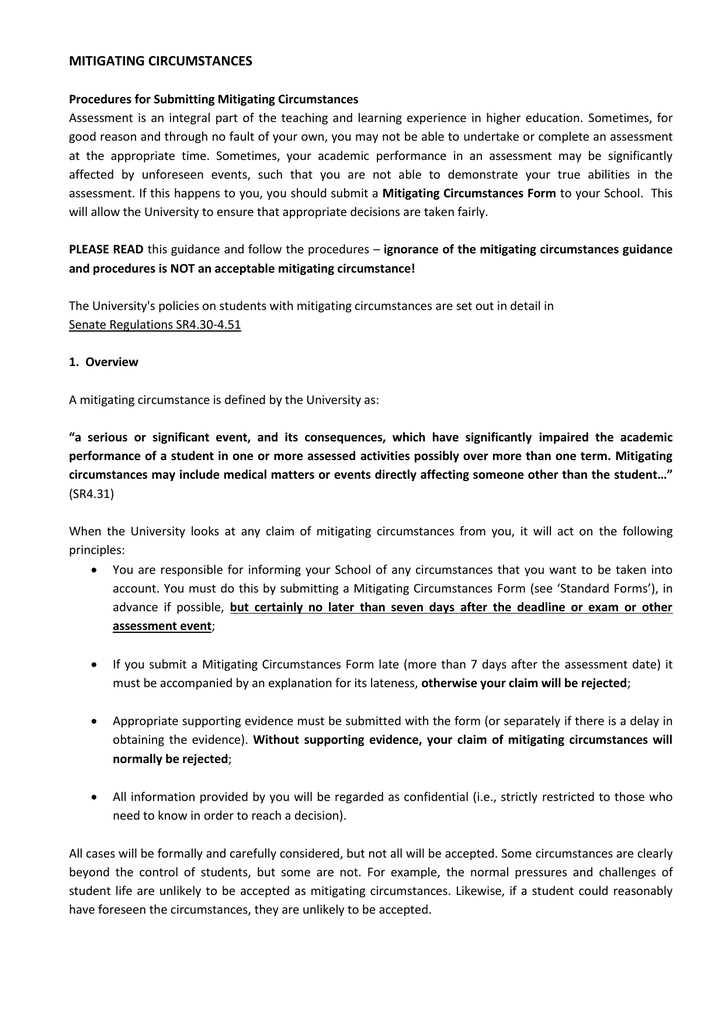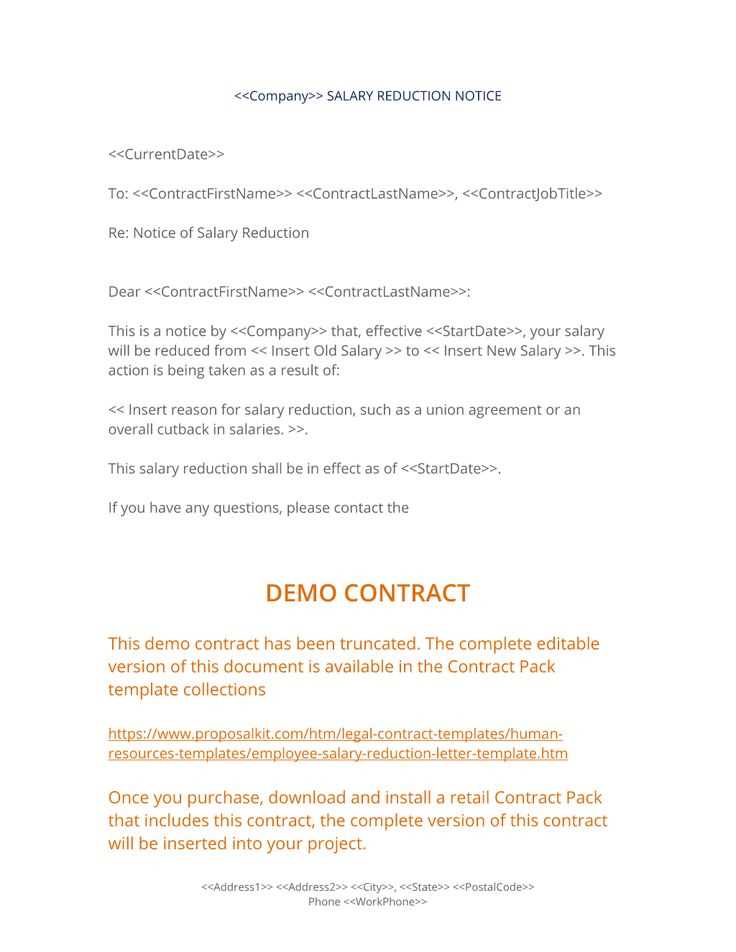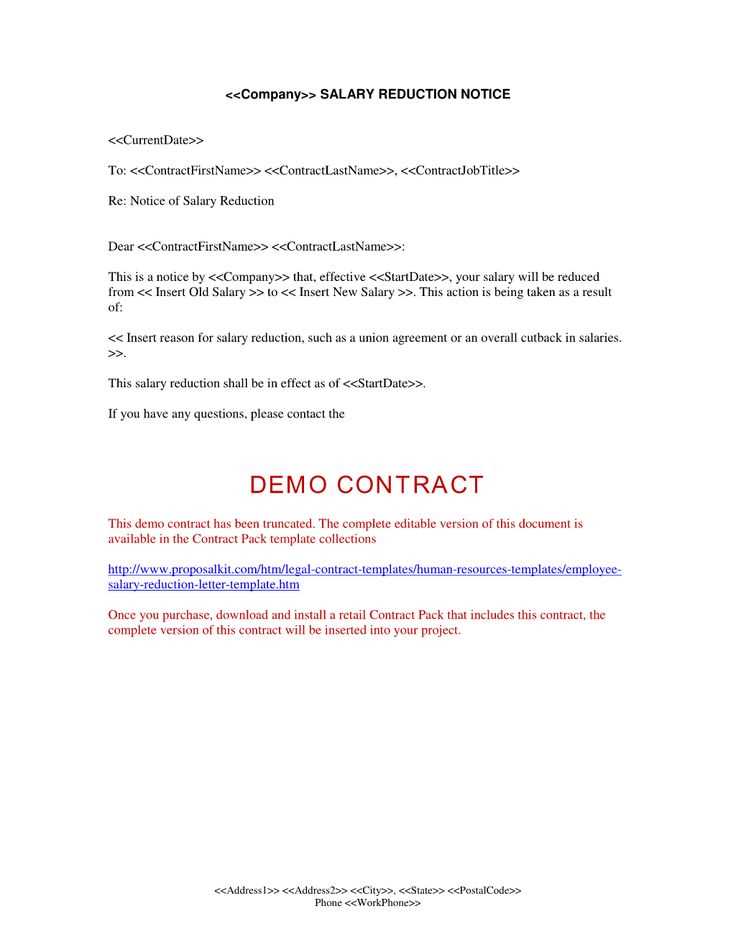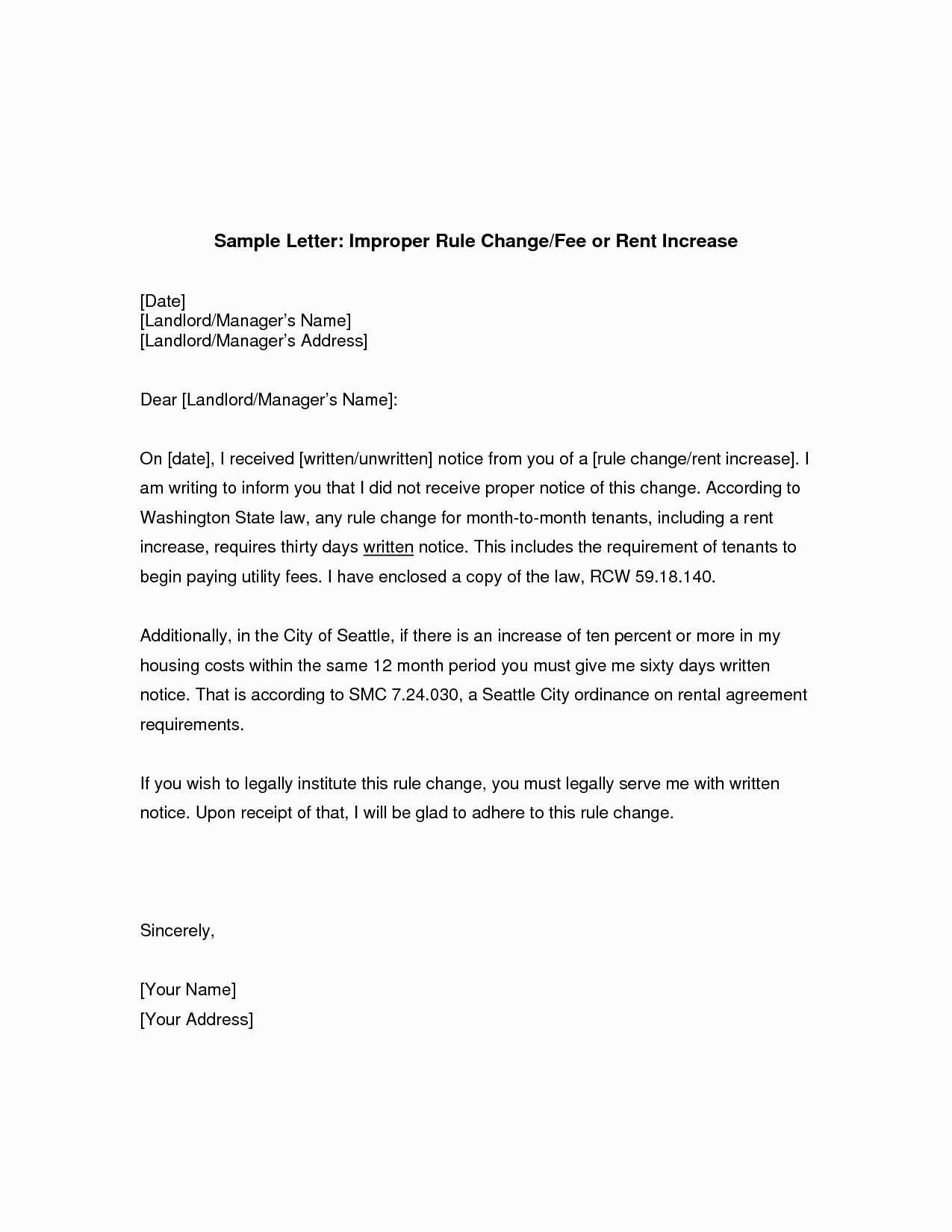Letter of Mitigating Circumstances Template for Students

When facing personal difficulties that may impact your academic or professional responsibilities, it’s important to communicate your situation clearly and formally. A well-crafted request for special consideration can help you explain your circumstances and potentially receive an extension or alternative arrangements. This guide will walk you through the necessary steps to create a strong, respectful appeal.
Understanding the Purpose of Your Request
The primary goal of submitting such a document is to provide a clear explanation of the situation that affected your ability to meet deadlines or perform as expected. Whether dealing with health issues, family emergencies, or other significant life events, your request should focus on presenting the facts concisely while demonstrating your commitment to resolving any issues that arose.
Essential Details to Include
- Reason for Request: Explain the specific event or condition that affected your performance.
- Impact on Your Work: Describe how the issue hindered your ability to meet deadlines or complete tasks.
- Supporting Documents: Attach any relevant evidence or documentation, such as medical notes or official letters.
- Proposed Solution: Offer a suggestion for how the situation might be rectified, such as an extended deadline or an alternative task.
Formatting Your Request Effectively
To ensure clarity and professionalism, structure your communication logically. Start with a polite greeting and introduction, then provide a brief overview of the issue. Follow with a detailed explanation, referencing specific events and impacts, and end with a courteous request for the desired outcome.
Best Practices for Writing Your Appeal
- Be concise: Avoid unnecessary details; focus on what’s relevant.
- Stay respectful: Maintain a formal tone throughout, showing appreciation for their understanding.
- Proofread: Ensure the document is free of errors and presents a professional image.
By carefully following these guidelines and presenting your case with clarity and respect, you improve your chances of receiving the consideration you need to navigate challenging circumstances.
How to Request Special Consideration for Personal Challenges

When unforeseen events or personal issues disrupt your ability to meet academic or professional expectations, it’s crucial to communicate your situation effectively. A formal request can help explain the challenges you faced and request adjustments. This section outlines the steps to create a compelling appeal.
Understanding the Importance of Your Request
The purpose of submitting such a request is to inform relevant parties of the challenges you have experienced and to ask for reasonable adjustments. Whether health issues, family emergencies, or other difficulties, the aim is to clearly present how these factors have impacted your work and to seek a fair resolution.
Key Elements to Include

A strong appeal should be focused and concise. Here are the key components you should include:
- Explanation of the Issue: Provide a clear description of the event or condition that has affected your ability to perform.
- Impact on Your Performance: Clearly explain how the situation prevented you from meeting deadlines or completing tasks.
- Supporting Documents: Attach any relevant evidence, such as medical certificates or official notifications, to validate your claims.
- Suggested Outcome: Politely propose a solution, such as an extension or an alternative arrangement.
Best Practices for Structuring Your Request

To ensure your request is taken seriously, organize your appeal logically and professionally. Start by addressing the recipient respectfully, followed by a brief explanation of your situation. Be specific about the impact on your performance, and conclude with a polite request for the adjustments you need.
Remember to keep your tone formal and respectful, even if you are facing a difficult situation. A well-structured, clear, and courteous request improves your chances of receiving a positive response.
Avoiding Common Mistakes
Here are some errors to watch out for when preparing your appeal:
- Being too vague: Make sure your explanation is specific and detailed enough to help the recipient understand your situation.
- Including irrelevant information: Stick to the facts that directly relate to your request.
- Being too demanding: While it’s important to express your needs, always remain polite and reasonable in your tone.
Tips for Crafting a Strong Request
- Be concise: Ensure your message is clear and to the point, without unnecessary details.
- Proofread: Check for any spelling or grammatical errors that might detract from the professionalism of your appeal.
- Be polite: A respectful tone will go a long way in ensuring your request is considered thoughtfully.
By following these guidelines and structuring your appeal thoughtfully, you increase the likelihood of receiving the accommodations or adjustments you need.